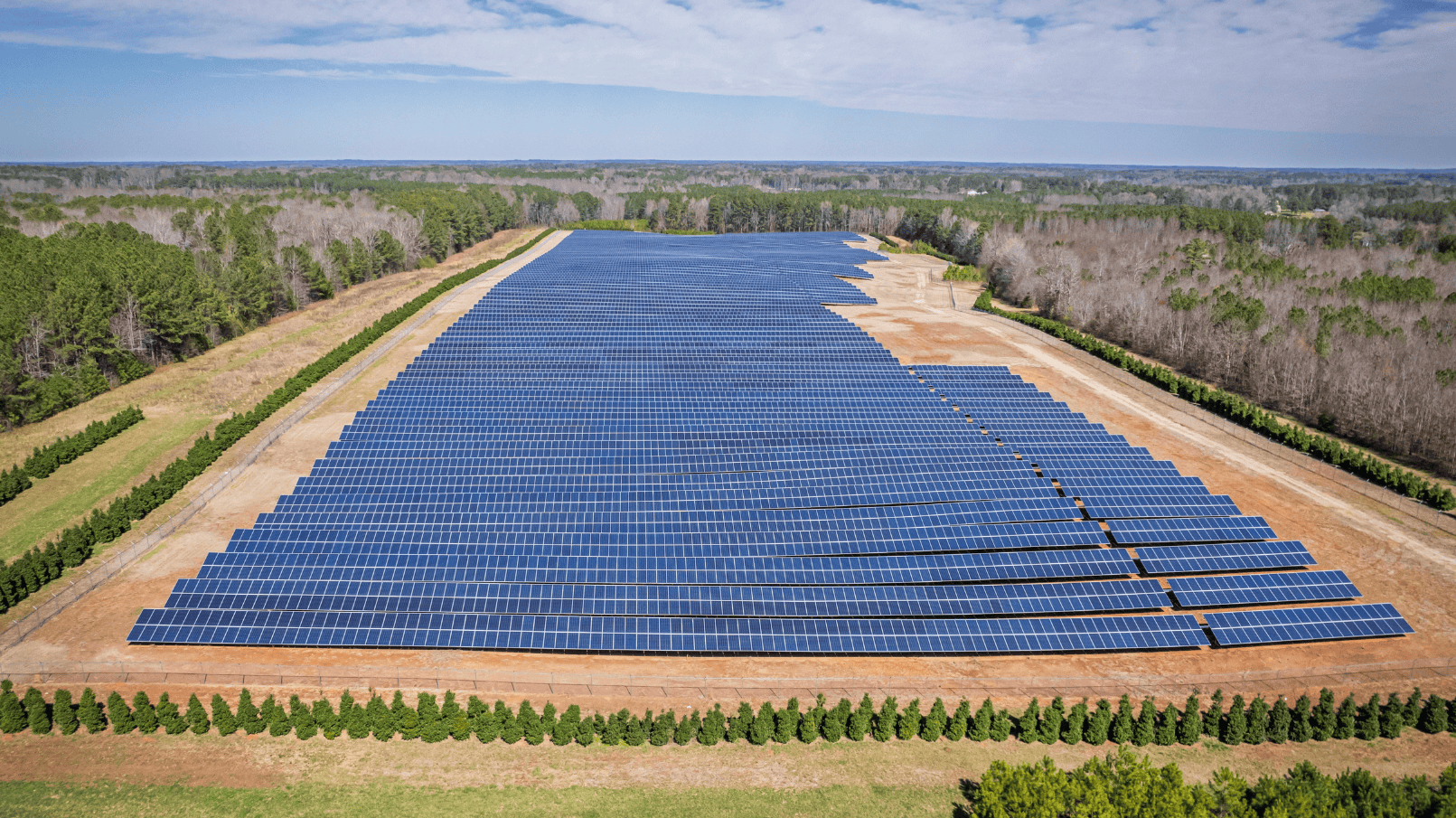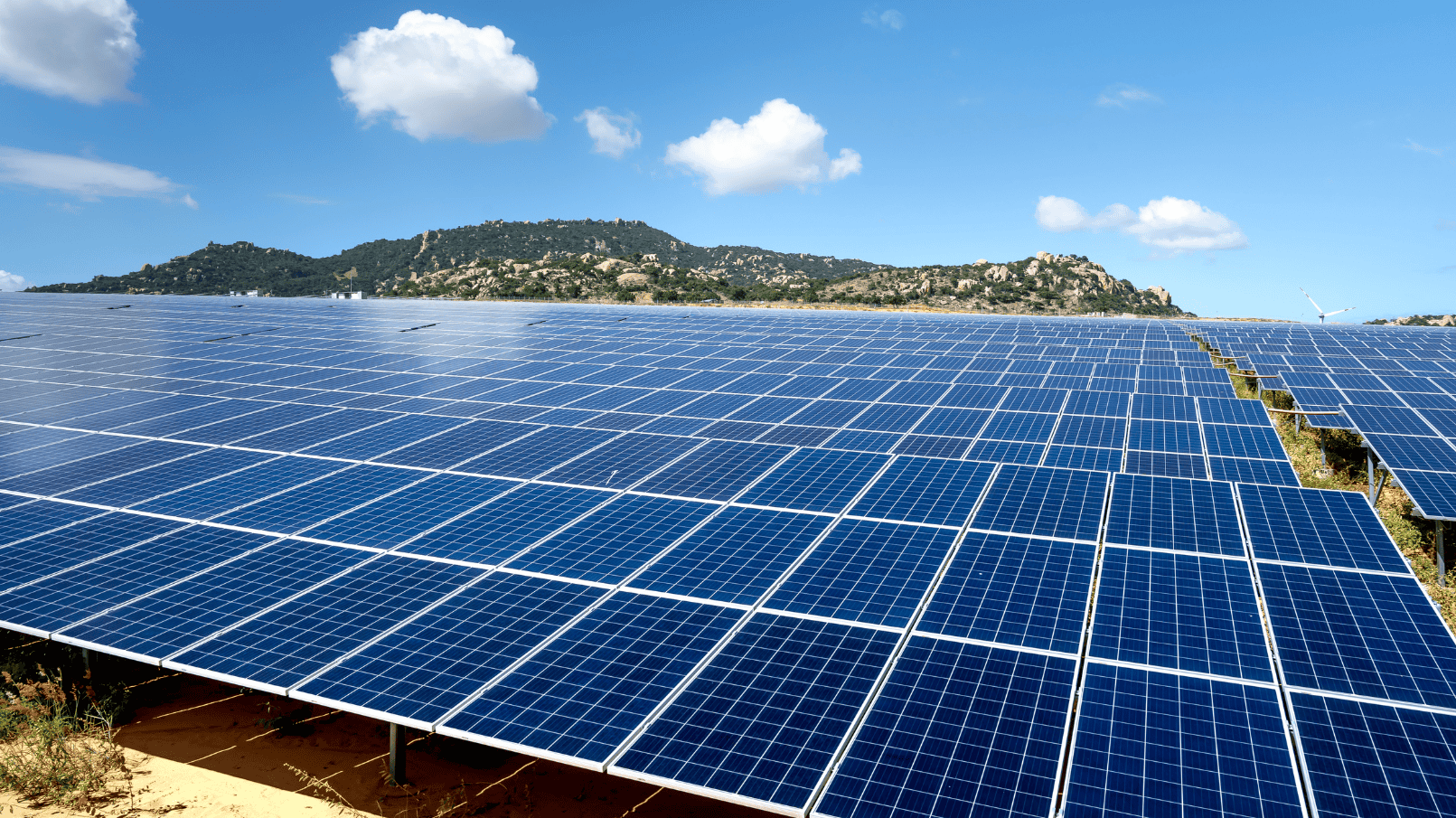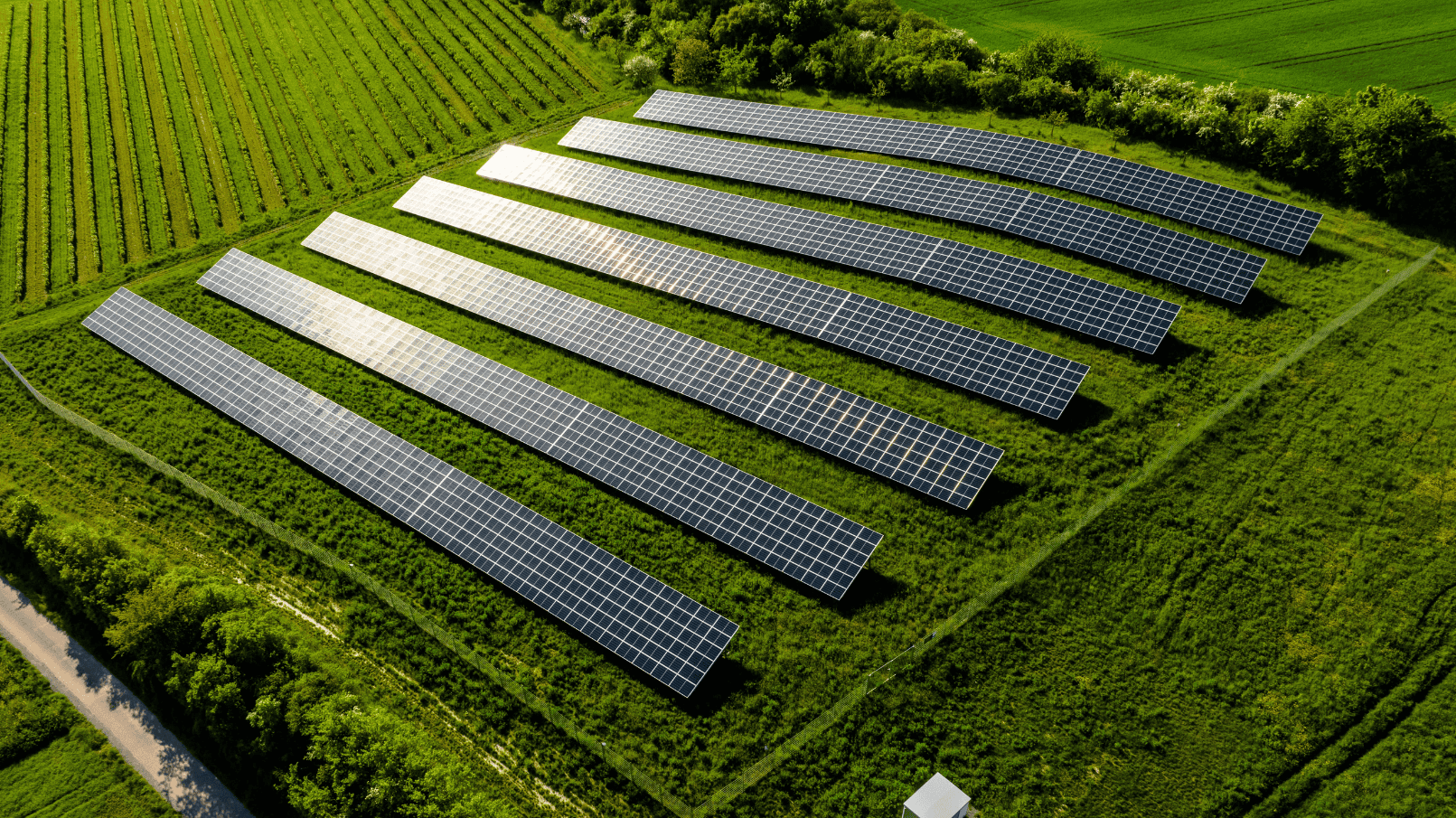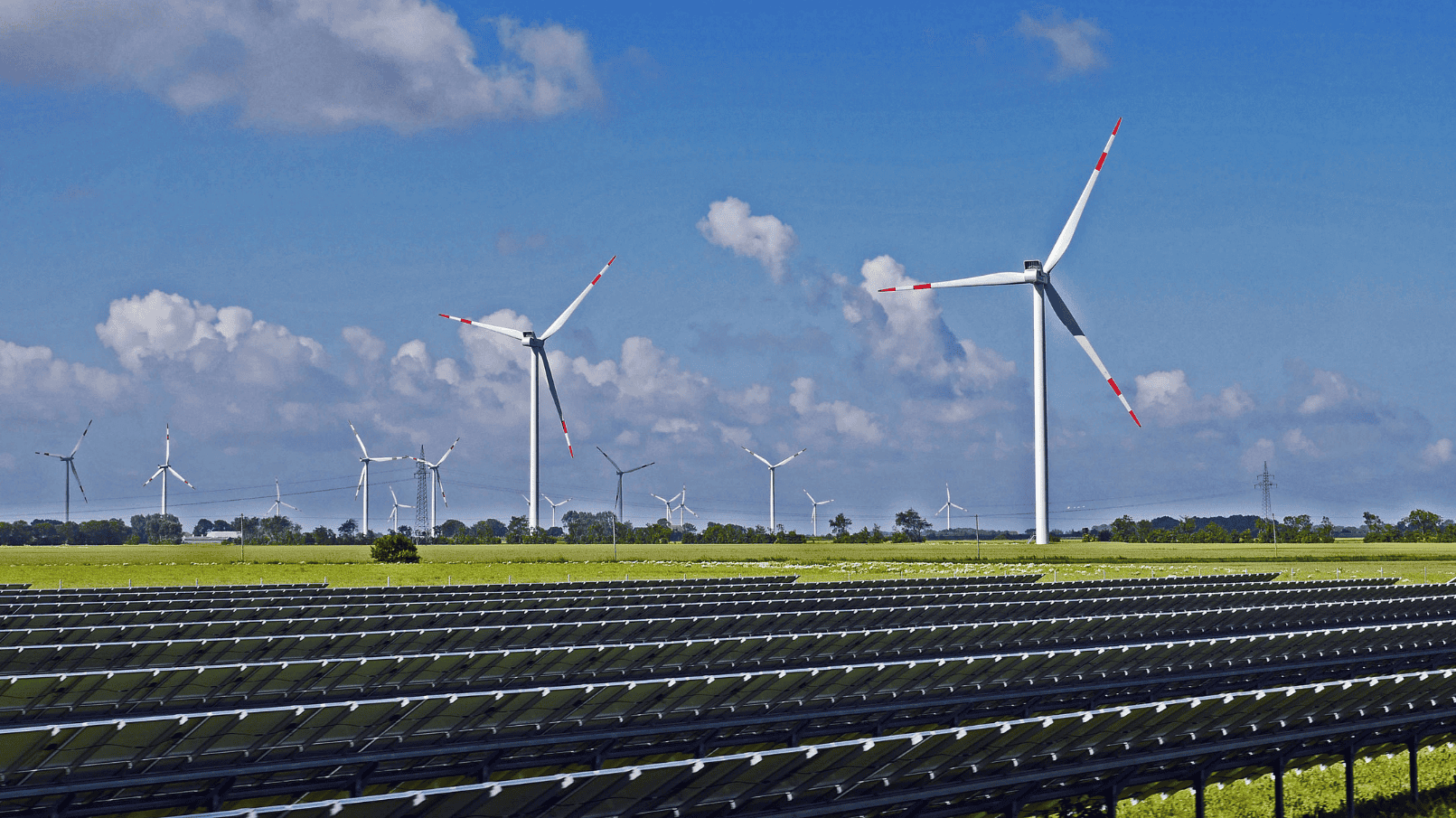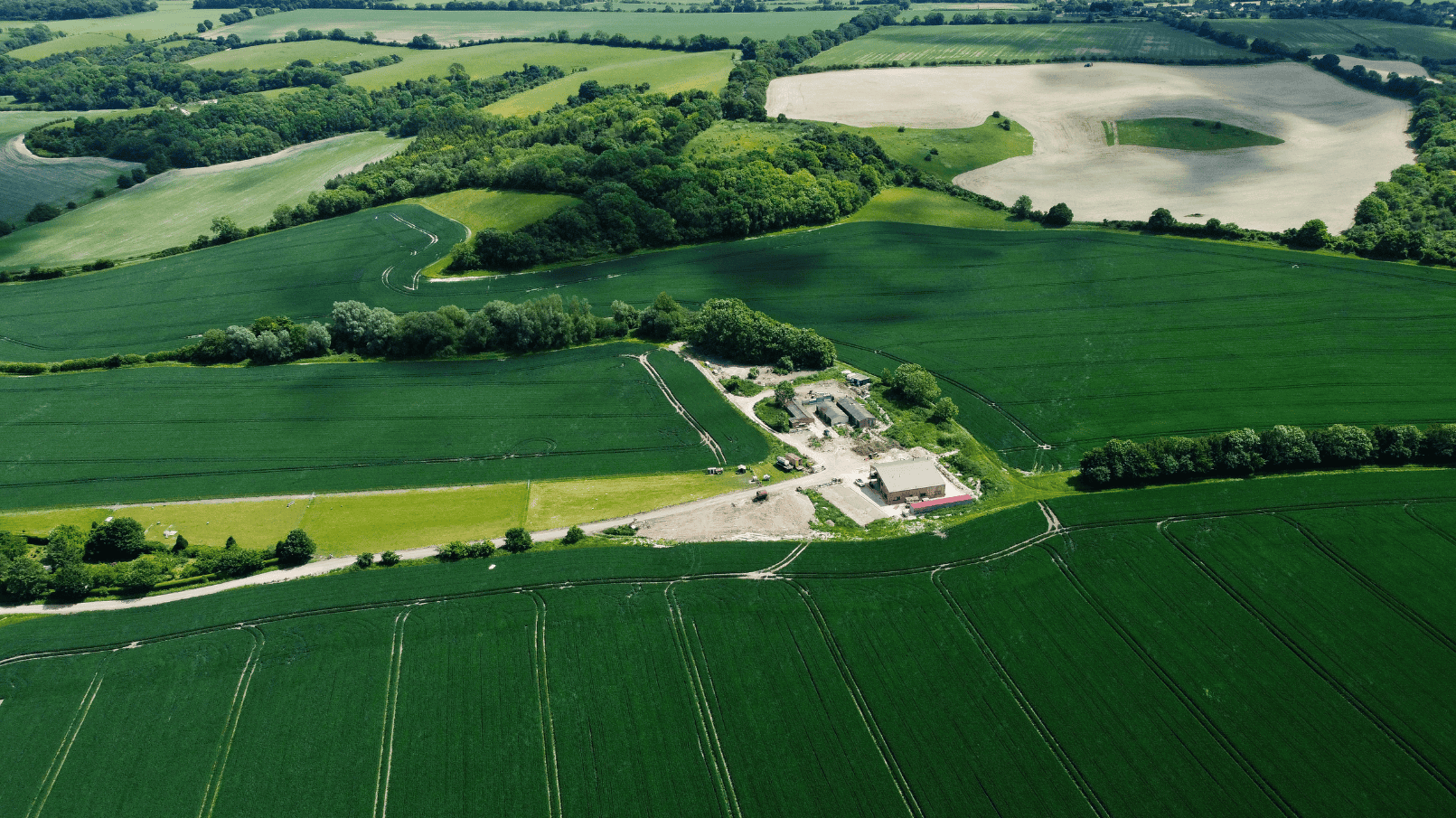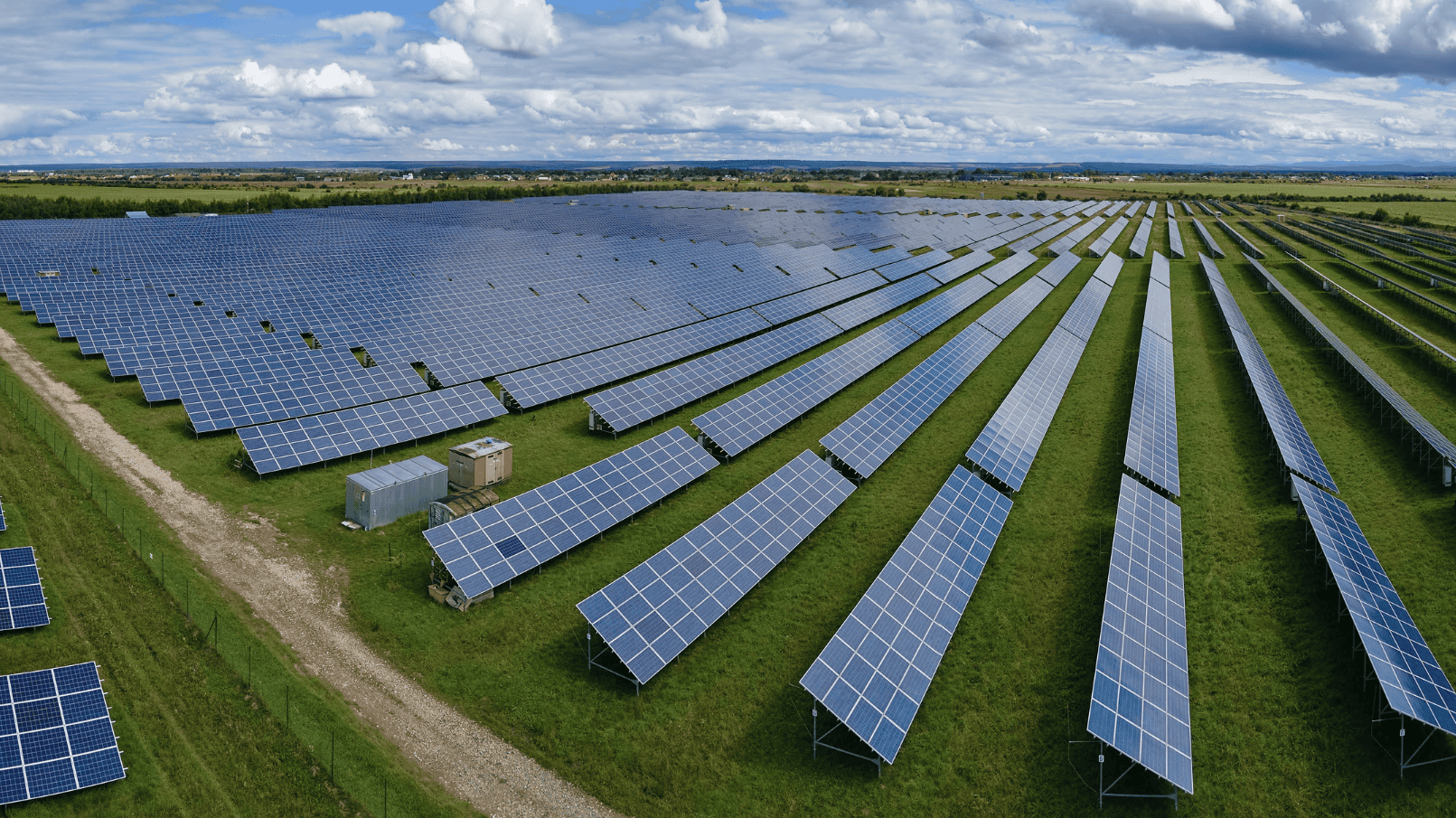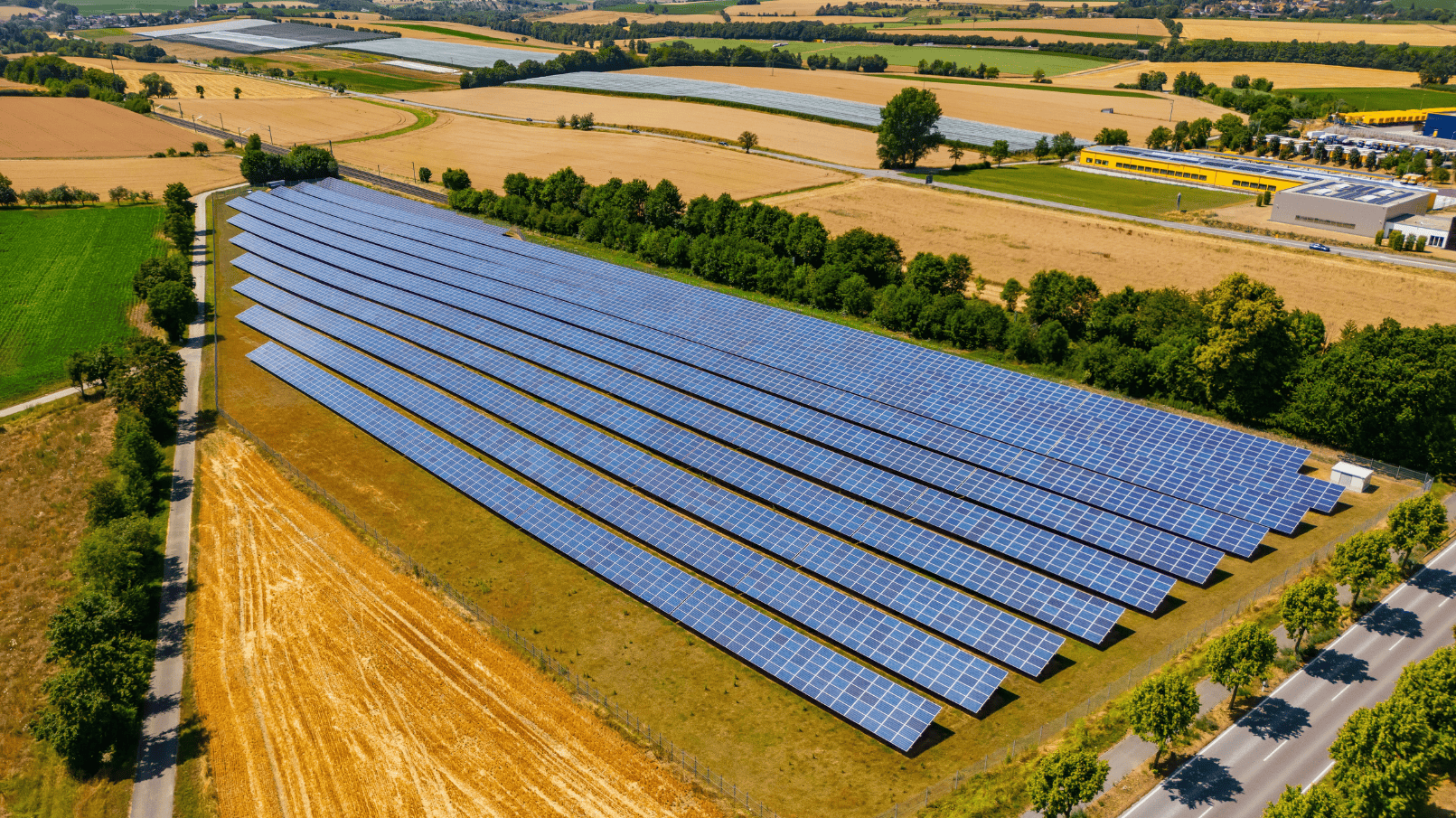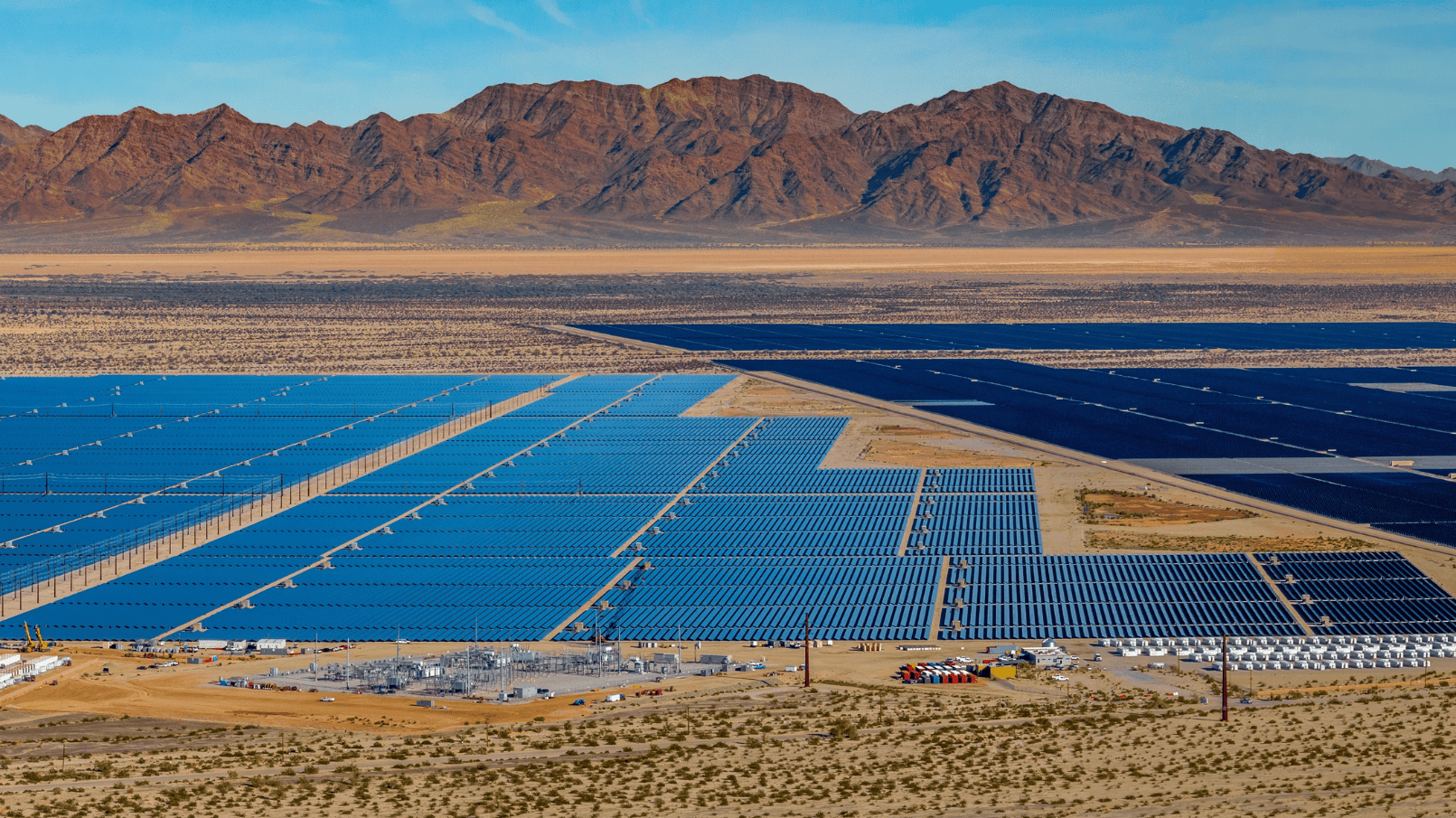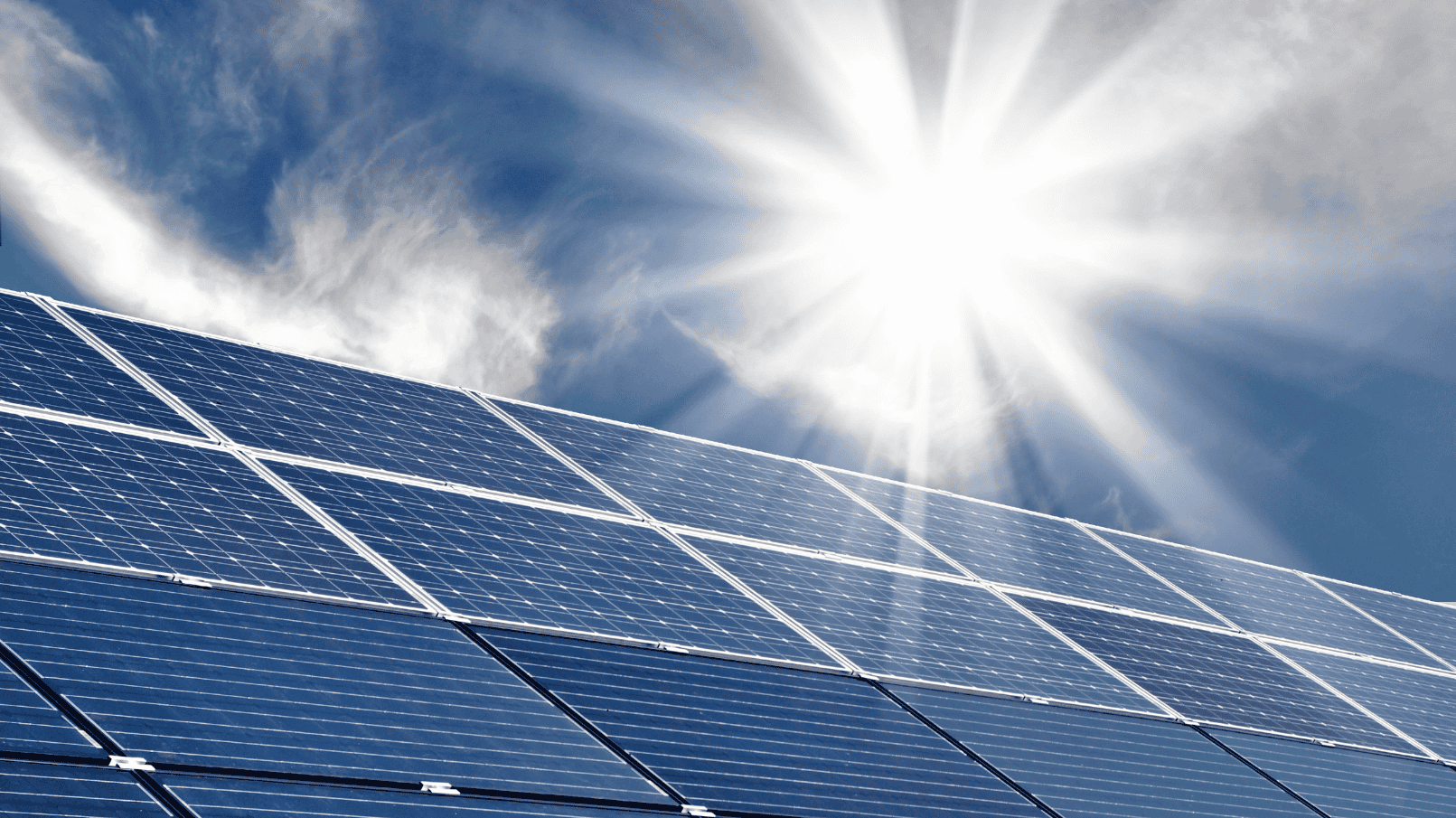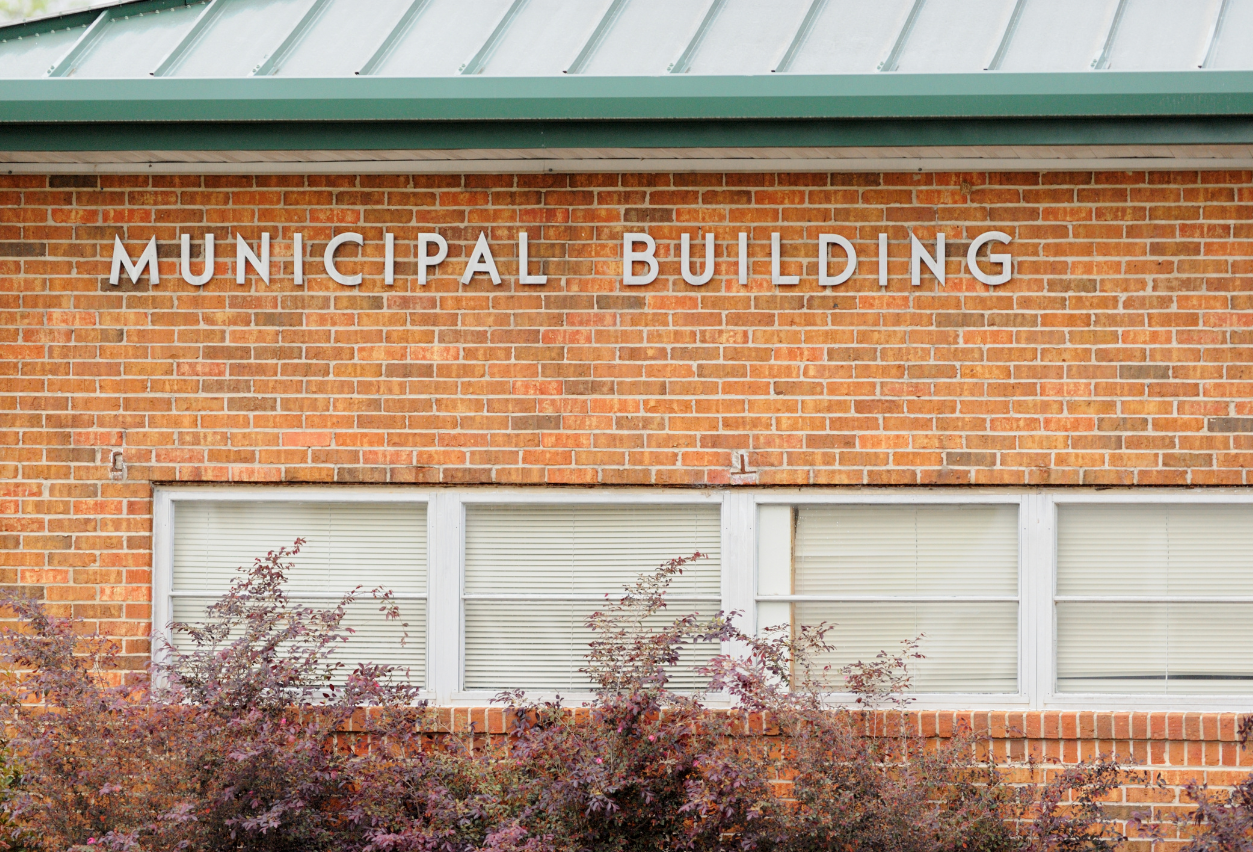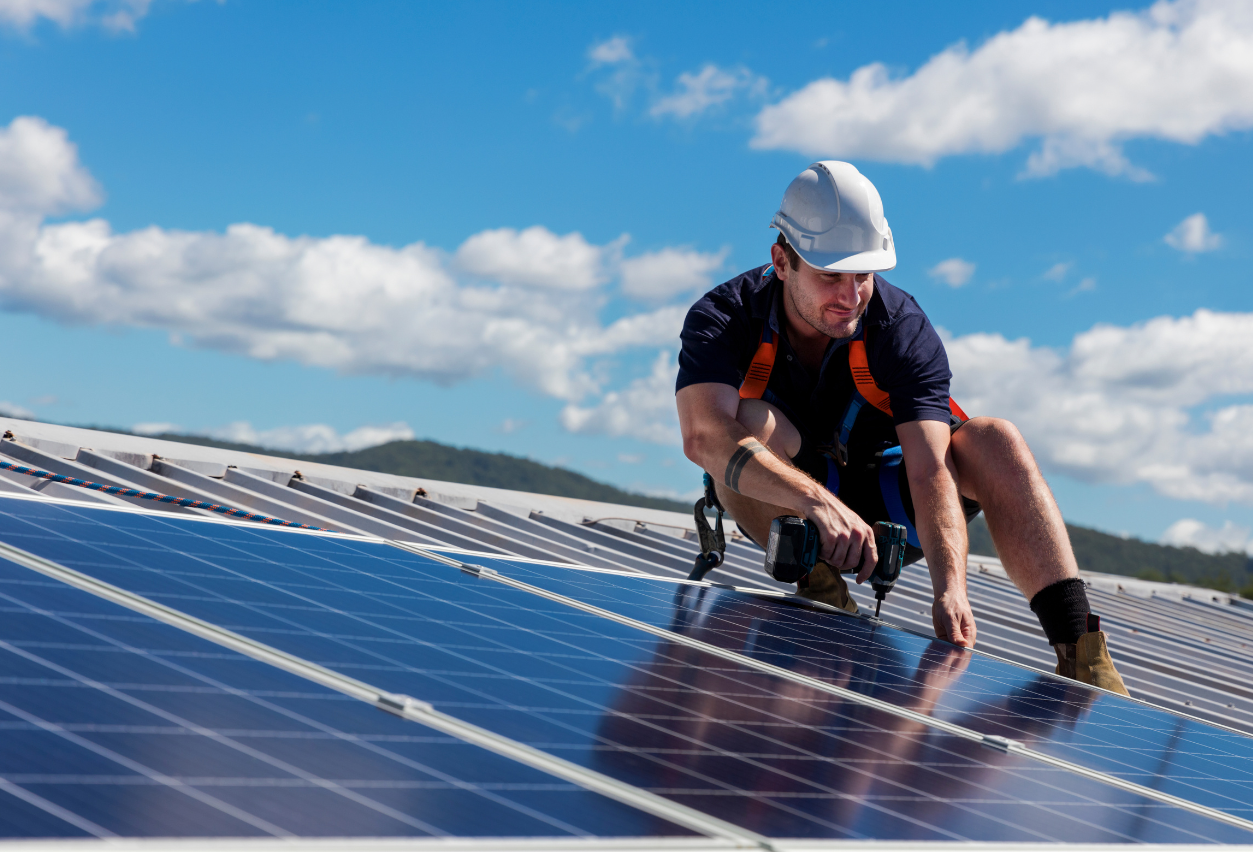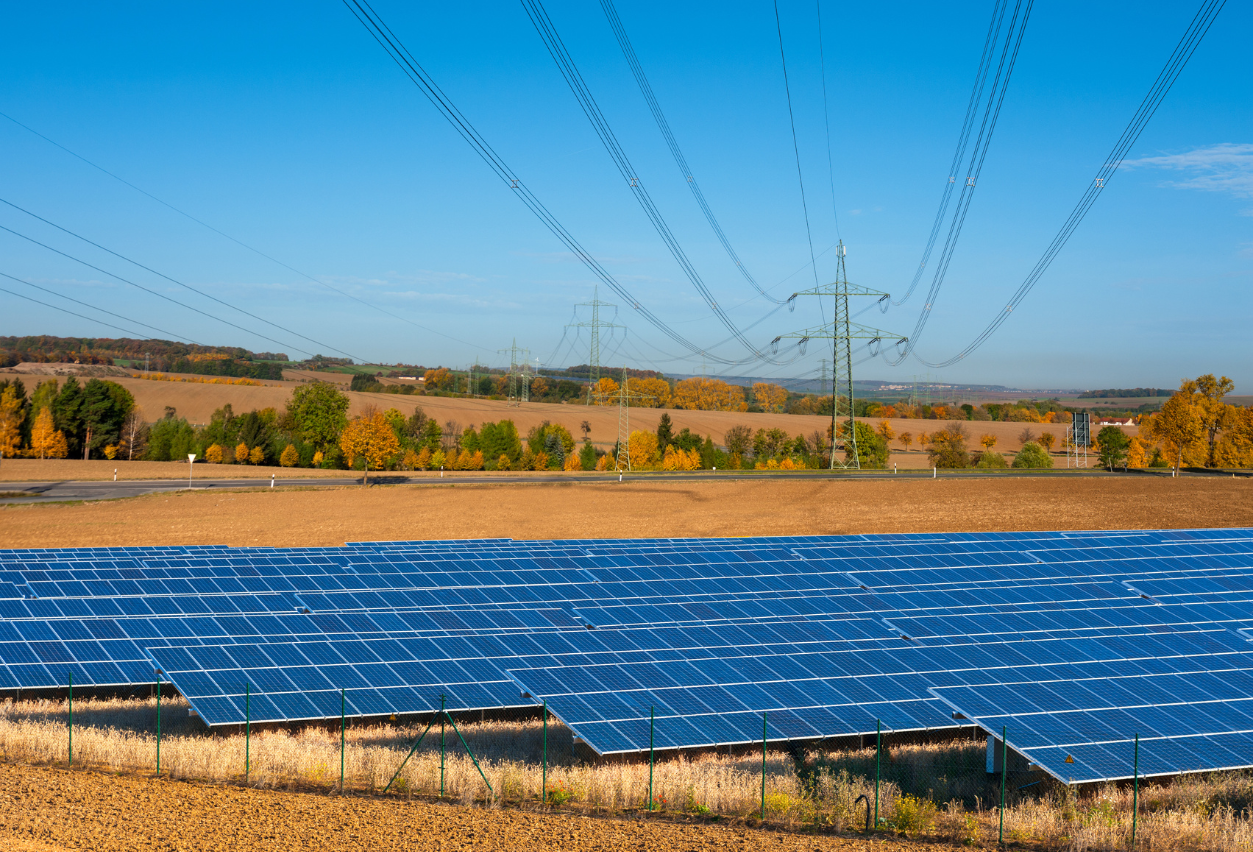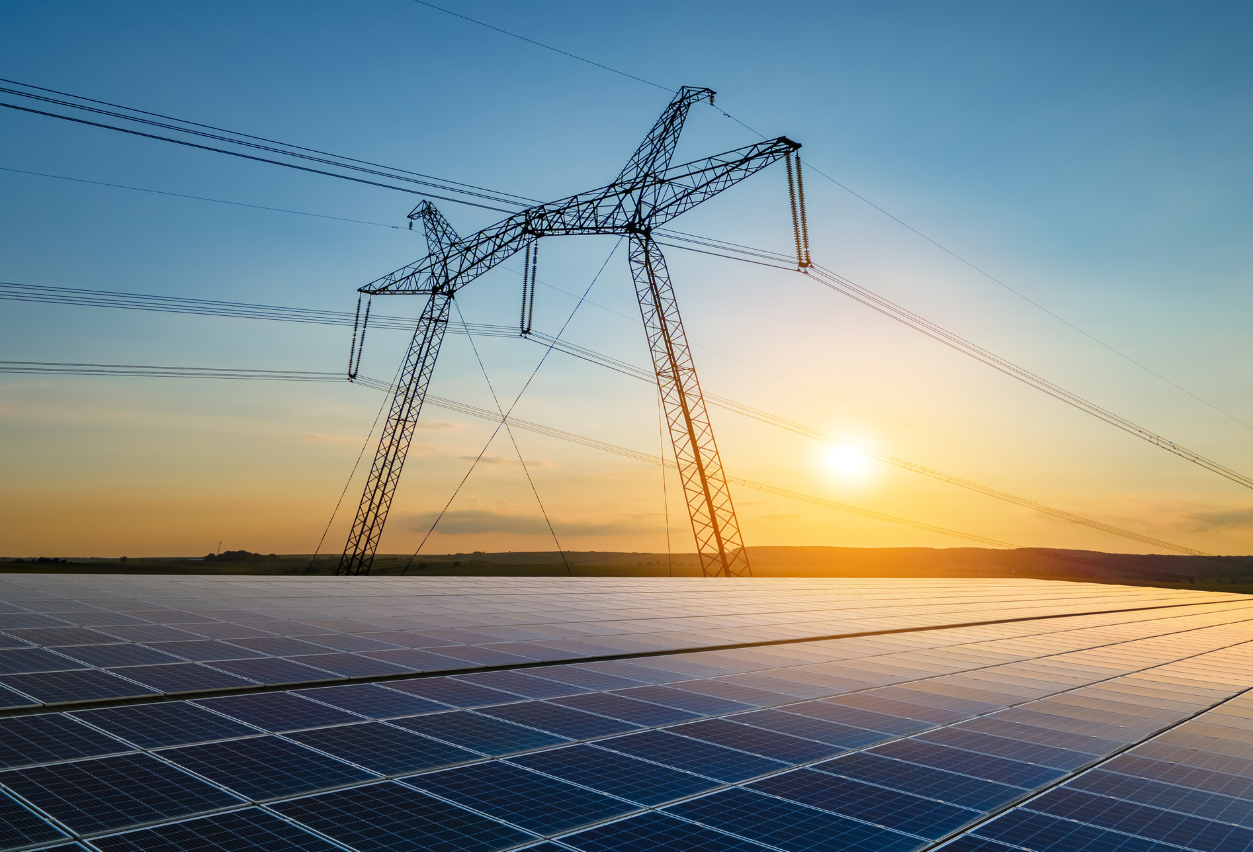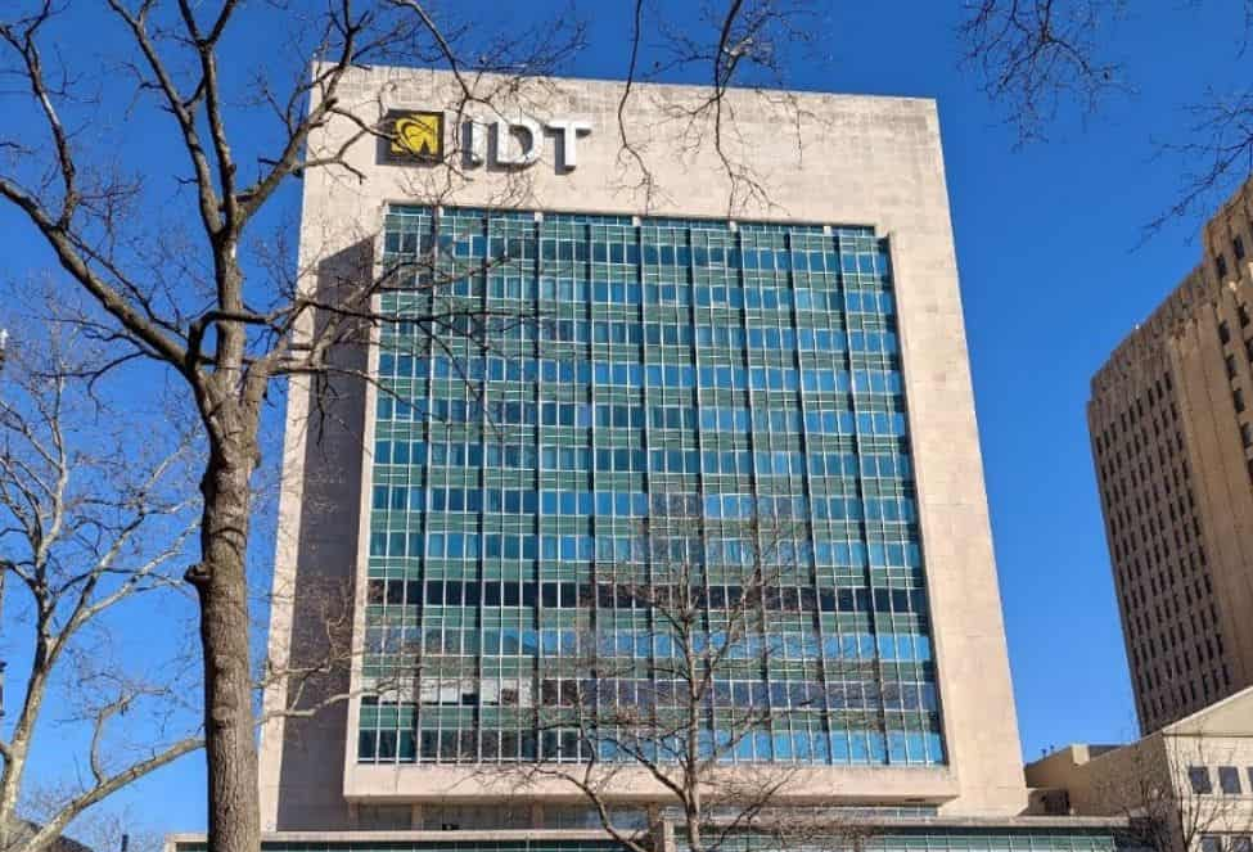Landowners are increasingly approached with offers to lease land for solar development as the demand for renewable energy continues to grow. While a solar land lease presents a unique opportunity to generate significant income, not all proposals are created equal. Understanding how to compare and evaluate a solar land lease proposal is critical to securing the best terms, maximizing financial benefits, and ensuring the solar project comes to fruition. This article explores the key factors to consider, how to select the right solar partner, and what potential red flags to be aware of when reviewing solar lease agreements.
If you’re curious about the suitability of your land for a land lease, read our landowner guide to solar leasing to learn about site requirements.
Why It’s Important To Compare Solar Land Lease Proposals
Before signing a land agreement, landowners should compare multiple proposals in order to maximize their profit. Here’s why:
Lease Rates Can Vary
Lease payments can range from as low as $1,000 to $5,000 per acre annually. These rates are typically predicated on the quality and location of your land; however, some solar companies attempt to offer the lowest rates possible to uneducated landowners. It’s vital that you explore your options and thoroughly explore different lease rates and terms.
Different Contract Terms
Some solar developers’ contracts cover ongoing land maintenance and project decommissioning. Others shift these responsibilities to the landowner. If a developer is willing to pay top dollar for your land, it’s important to read the fine print of the solar lease to understand each party’s responsibilities throughout the term of the lease.
Project Scope & Timelines Are Not All The Same
The project’s construction schedule can impact your obligations and cash flow. Inexperienced developers might not be able to execute the project in a reasonable timeframe, which ties up your land longer than you might expect. It’s critical that the lease agreement contains project milestone deadlines so that you can rest assured knowing your lease payments will come in a timely fashion.
Hidden Costs
Some proposals may include interconnection application fees, insurance requirements, or environmental restrictions that could be your responsibility. If the project is not approved, these fees are not refundable. It’s critical to understand who will pay for these pre-construction fees and you should almost always require the solar developer to take on 100% of the project risk.
Key Factors That Can Impact A Proposal’s Scope
There are several factors that could change the terms of your solar land proposal. It’s important to understand what a solar developer might evaluate when making a proposal. Some of these factors include:
1. Land Size & Suitability
Ideal land for a profitable solar lease requires 10+ acres of flat, unshaded land. In addition, sites near three-phase power substations or existing transmission lines are preferred due to lower grid interconnection costs.
2. Lease Payment Structure
Payments are typically fixed per-acre rates with potential annual escalation clauses. Furthermore, some solar developers could offer profit-sharing based on energy production.
3. Project Timeline & Permitting
From signing the land lease to full solar asset operation, a typical large-scale solar project development can take 2–5 years to complete. Delays can arise due to local zoning approvals, environmental impact studies, or utility permitting.
4. Interconnection Application & Grid Access
Access to the electrical grid is a key factor affecting project feasibility and lease value. Developers must first apply for an interconnection application to connect the solar energy system to the grid. If that application is not approved, the project is dead. If the application is denied, it’s important to understand that you will not have full access to use your land until a final determination is made. This timeline could last up to one year depending on the interconnection application cue at your local sub-station.
What to Consider When Choosing the Right Solar Partner
In order to avoid some of these pitfalls, and participate in a land lease that is tied to a viable project, it’s important to choose the right solar partner. Today, there are many objections to solar that need to be addressed. When evaluating a solar company, consider the following:
Experience & Reputation
Choosing a solar developer with a proven track record in project development and community solar initiatives is key to investing in solar energy. Ask for references from landowners who have leased land to the solar company and learn about their experiences.
Financial Stability
A financially secure solar partner ensures project completion and timely lease payments. Today, there are many under-funded solar developers who are looking to make it big. Do not hitch your wagon to the wrong company that goes belly up in the middle of construction. You will be sitting on half-developed land with no income potential. Publicly traded or well-funded solar developers are preferable to smaller, less-established firms.
Transparency & Contract Terms
Avoid contracts with unclear default clauses, weak maintenance obligations, ambiguous land restoration clauses, or hidden costs related to decommissioning. It’s vital to understand what will happen if the solar company does not meet its obligations during the term of the lease agreement. Since these agreements can span up to 30 years, it’s another reason to choose a solid company that will stand the test of time.
How to Compare Solar Companies
When reviewing offers, landowners should compare solar leasing companies based on the following criteria:
- Lease rate comparison
- Responsibilities of the solar company during the term of the contract
- Proposed project type and size
- Required acres needed for the project
- The opportunity cost of alternative income that could be generated from the committed parcels
- Your recourse if the solar company is in default
Here are some common red flags in a solar land lease:
- Unclear payment terms and obligations
- Lack of required insurance coverage for the solar company
- Restricted land use, such as the grazing of animals
- Vague project decommissioning obligations
These aspects and more are important to consider prior to signing a lease agreement. It’s best to seek the counsel of a land or renewable energy attorney before committing your land to a solar project.
Why Partner With Us
Genie Solar Energy specializes in solar land leasing, helping landowners secure fair lease agreements while ensuring long-term project success. Our team provides transparent and competitive land lease rates, expert guidance on contract negotiation, and reliable project development and maintenance. If you are considering leasing your land for a solar project, contact our team today for a free land assessment or lease proposal comparison.

